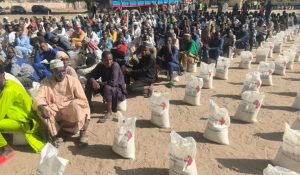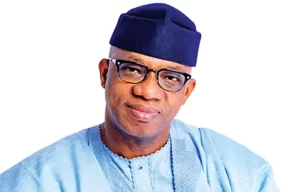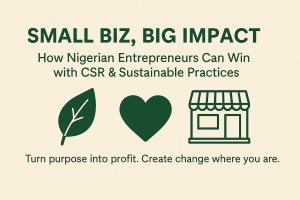
The Silence of a Nation: Nigeria’s Struggle for True Democracy
As hope dwindles under a system built to suppress the will of the people, Nigerians must rise once more to reclaim their voice and future.
By Eche Munonye
In the beating heart of Africa’s giant, a dangerous silence is growing louder. It’s the silence of a people whose voices have been stifled, whose choices have been hijacked, and whose dreams are slowly being buried under the weight of systemic injustice.
In Nigeria today, the electoral process—the cornerstone of any true democracy—has become a theatre of impunity. The will of the people no longer shapes leadership; instead, elections are won by the highest bidder, manipulated by the most connected, and enforced by a compromised system that offers no real recourse. Citizens are frequently told to “go to court” when elections are rigged—yet even the courts, once the last hope for justice, are now perceived as extensions of the same corrupt machinery.
This is not democracy. This is deception.
The ruling class has turned governance into a private empire. INEC, once a hopeful institution meant to safeguard electoral transparency, has repeatedly failed to meet its mandate. The judiciary, under the weight of political interference, has increasingly lost the people’s trust. And law enforcement agencies, such as the Department of State Services (DSS), appear more interested in silencing critics than defending national security.
Take the recent case of Nigerian musician Eedris Abdulkareem, whose politically charged song “Tell Your Papa” was pulled from the airwaves. In a society where artistic expression should be celebrated as a form of activism, his voice was muted—not because it was false, but because it was true. This is the reality many Nigerians face: speak truth to power, and you become a target.
The result? A nation slowly losing hope. Young people—who should be building and shaping the future—are instead disengaging, discouraged by a system that seems impossible to fix. This is not only tragic; it is dangerous. A hopeless society is fertile ground for unrest, for division, and for chaos.
But all is not lost.
Within this frustration lies the seed of resistance. The path forward will not be easy, but it is necessary. Nigeria cannot continue like this. We cannot afford another cycle of rigged elections, suppressed voices, and stolen mandates. The upcoming 2027 general elections represent a critical turning point, and we must begin preparing now.
To the Nigerian government: you cannot rule by force forever. True power lies in legitimacy, and legitimacy comes only when the people choose you freely. Silencing opposition, censoring songs, and weaponizing the judiciary will not solve your problems—it will only delay them. You must allow space for dissent, for criticism, for accountability. A government that fears opposition is a government unfit to lead.
To the Nigerian youth: you are not powerless. You are the numbers, the energy, the voice, and the future. You must not give in to cynicism. You must not hand over your power through apathy. Organize. Mobilize. Educate your peers. Register to vote. Demand electoral reforms. And when the time comes—vote for vision, not for violence; for credibility, not for cash.
This country is yours. And no one—no politician, no corrupt system—has the right to take that from you.
Let 2027 be the year we reclaim our voice.









